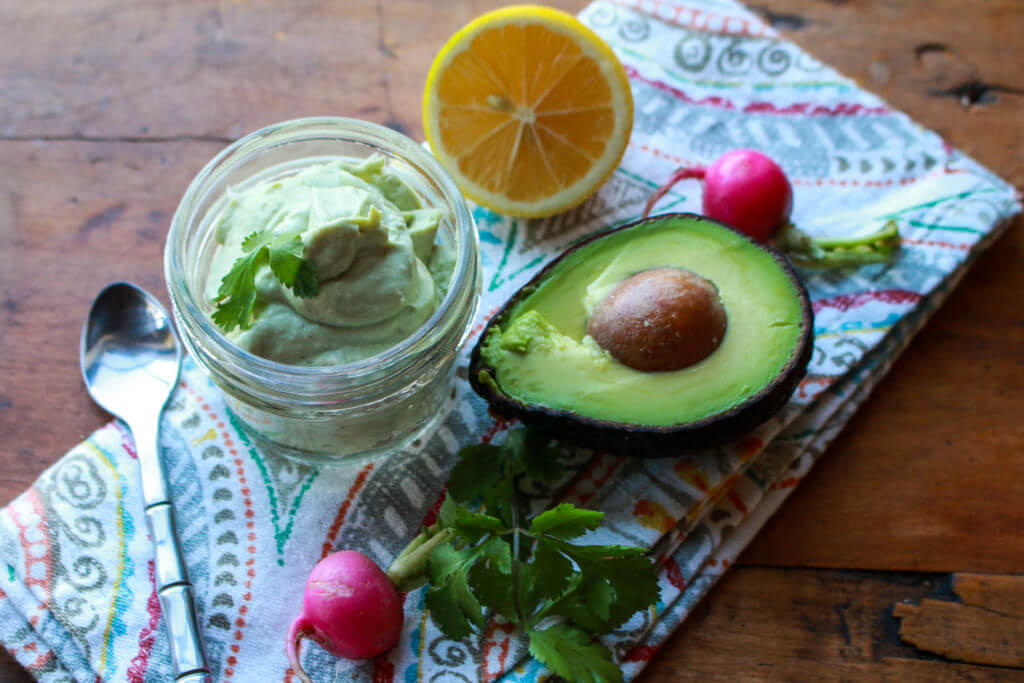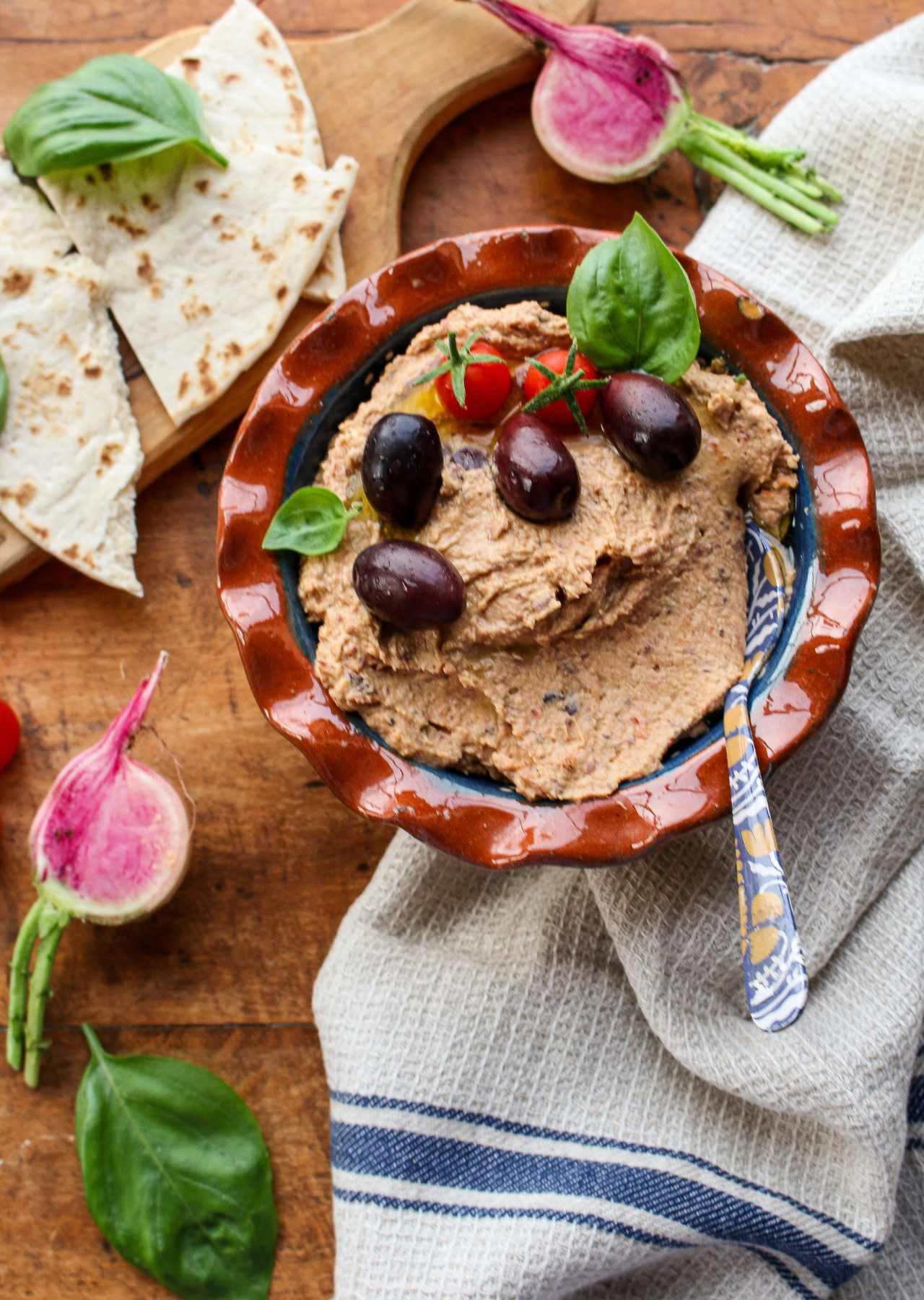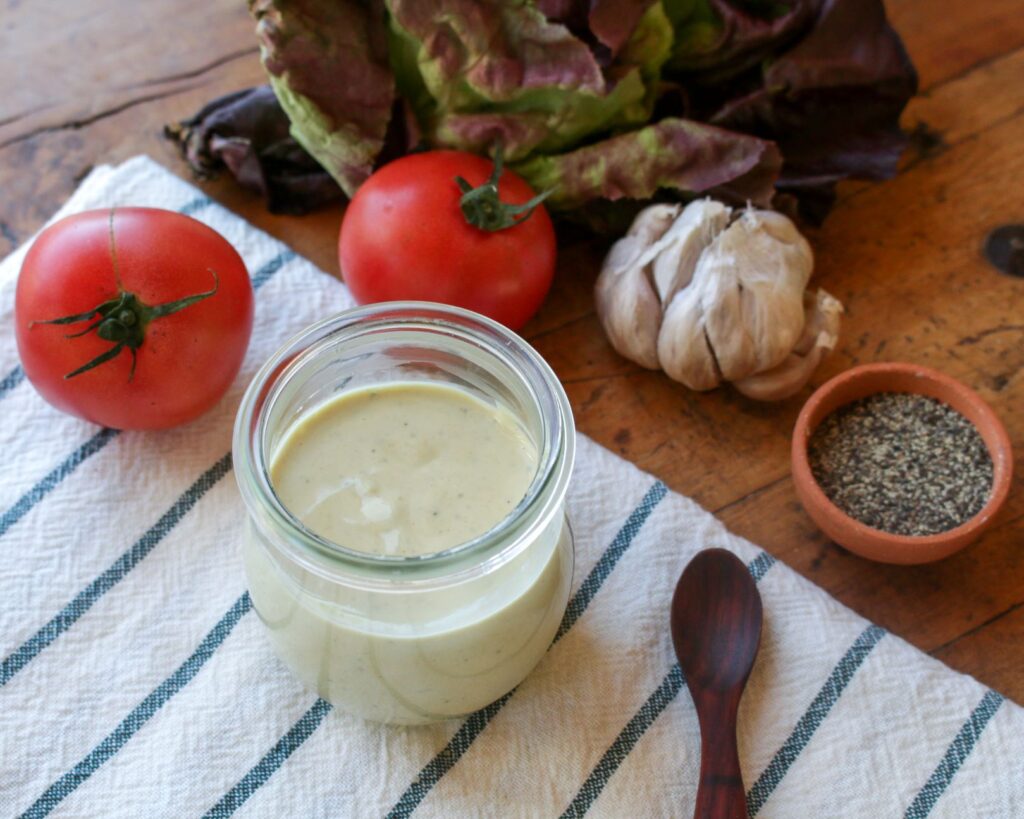Are fats good for you? What types of fats should you eat? What types of fats should you avoid? Many people are concerned about the topic of healthy fats in their diet. That’s why I’m going to answer your top question about how to get fat into your diet in a healthy way.
There is a common perception that fat is something to be feared. Many people mistakenly believe that dietary fat automatically causes weight gain, high cholesterol levels, and heart disease. But it’s not that simple. While unhealthy fats can have a negative impact on your health, numerous studies show that healthy fats can actually improve your health. So it’s important to know the types of fats you choose—some may cause clogged arteries, while others may reduce the risk of heart disease. In fact, adding healthy fats to your daily diet is necessary for the body to function properly. There are different types of fats to consider: trans fats, saturated fats, monounsaturated fatty acids, polyunsaturated fatty acids, and omega-3 fatty acids. Each of these fats can be classified based on its health potential. Today, I’m here to answer your top questions about the differences between these fats, as well as a ton of information about the benefits of healthy fats for your lifestyle.

question: What are healthy fats? How are they different from unhealthy fats?
Sharon’s answer:
Healthy fats are unsaturated fats such as polyunsaturated fats and monounsaturated fats. These fats come from plants, but tropical fats like palm and coconut oil contain saturated fatty acids. Plants contain different types of fats, but most are unsaturated. Foods like nuts, seeds, avocados, olives, and vegetable oils are mostly poly or simple fats, which is why they are healthier fats. Oils made from these foods are also healthier for your heart. Saturated fat, found primarily in animal foods (meat, high-fat dairy products), has been linked to health risks, particularly heart disease.

question: Can you break down the differences between the following and explain which ones are healthy and which ones are unhealthy?
Sharon’s answer:
Trans fat: These are the unhealthiest – they are artificial fats, mostly found in the form of partially hydrogenated oils, but they have been largely banned from our food system. Small amounts occur naturally in foods, but experts say natural sources are nothing to worry about.
Saturated fat: These fats, which are solid at room temperature, have been linked to health risks, particularly heart disease. There are many myths about the “health” of saturated fats, but research over the past few decades has shown fairly conclusively that they raise cholesterol, thereby increasing the risk of heart disease. That’s why all major health organizations still recommend keeping calories to a minimum, no more than 10 percent of your calories, or less if you’re at high risk.
Monounsaturated fatty acids (MUFA): These are unsaturated fats (the prime example being olive oil) that have been linked to health benefits, such as lowering the risk of heart disease and lowering cholesterol. It is part of the wholesome Mediterranean diet. Olive oil has health benefits both on its own and as part of this dietary pattern.
Polyunsaturated fatty acids (PUFA): These unsaturated fats have been linked to lower heart disease risk and cholesterol, as well as lower blood pressure. One of these is omega-3 fatty acids (see below). They are liquid at room temperature. Examples of sources include nuts, seeds, flax, fish, and seed oils.
Omega-3 fatty acids: These polyunsaturated fatty acids have been linked to specific health benefits, including those for the heart and brain. The short-chain form (ALA) is found in walnuts, chia seeds, hemp and flax seeds, tofu, and soybeans. Long chains (EPA, DHA) are found in fish, especially cold water fatty fish like salmon and algae oil. Your body can convert some ALA into EPA/DHA, but at a lower rate.

question: When did researchers begin to recognize the health benefits of healthy fats?
Sharon’s answer:
People have known this for decades. Prior to this, there was a fear of fat and low-fat diets were prevalent in the nutrition field and society in general.people think that all Fat is bad for you, and knowledge based on nutritional research is increasingly showing that fat is type Important fats. In the low-fat era, people were replacing fat with refined carbohydrates, which was not a good health transition—now we know that refined carbohydrates, such as white flour in baked goods, cookies, snacks, are associated with increased cardiometabolic risk, and health Fats don’t; they can actually help protect your health. Now, moderate healthy fat intake is the way to go. The Mediterranean diet is a perfect example.

question: What are the key benefits of consuming healthy fats in your diet?
Sharon’s answer:
Healthy fats have been linked to lower cholesterol levels, thereby reducing the risk of heart disease. There is a lot of research on this, which is why major organizations like the AHA, AND, and DGA all support this optimal dietary approach. The best way for you to make choices in this area to promote optimal health is to choose healthy cooking oils (my top recommendation is EVOO), healthy spreads (i.e. nut butters and avocado cream), and avoid fatty meats , fatty dairy products, and tropical oils like coconut oil (look for coconut milk for less fat) and palm oil. Read the ingredients and look at the saturated fat content in foods.
Healthy fats are associated with lower inflammation, an underlying cause of many chronic diseases. The opposite is true for saturated fat, which is associated with higher levels of inflammation. Choose fewer animal foods to reduce saturated fat; choose sustainable fish twice a week and include more nuts, seeds, avocados, and olives/oils in your diet.
Healthy fats are linked to better brain health. Omega-3 fatty acids, in particular, are important for brain development and maintaining brain health. They are anti-inflammatory fats that have been linked to a lower risk of dementia, although we need more research in this area. Choose larger portions of soy foods, nuts and seeds such as walnuts, chia, hemp and flax.

question: What is the recommended daily amount for everyone when it comes to healthy fats?
Sharon’s answer:
As a macronutrient, DRI accounts for 20-35% of total calories from fat, and it is recommended that at least 90% of this should come from healthy fats. For the average person, this means you need a total of 44 – 77 grams of healthy fat per day. The AI dose of ALA in adults is 1.1-1.6 g per day (depending on sex).
question: What’s the bottom line on healthy fats?
Sharon’s answer:
Don’t be afraid of fat! It’s all about moderation and choosing healthy options. That said, fat is very high in calories, so if you’re concerned about maintaining a healthy weight, limit your fat intake. Just a small amount is all you need with your meal. Fat can easily drive you crazy. You don’t need to drink 1/4 cup of EVOO to get the benefits, which can provide you with nearly 500 calories; instead, just a drizzle will do.
Try these recipes containing healthy fats:
See other nutrition questions I answer on Plant-Based Nutritionist:
